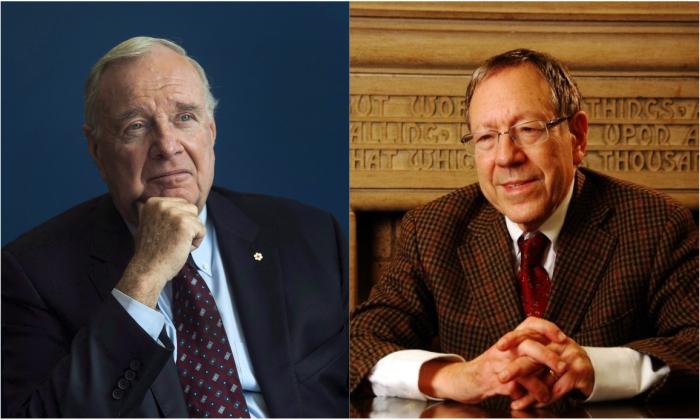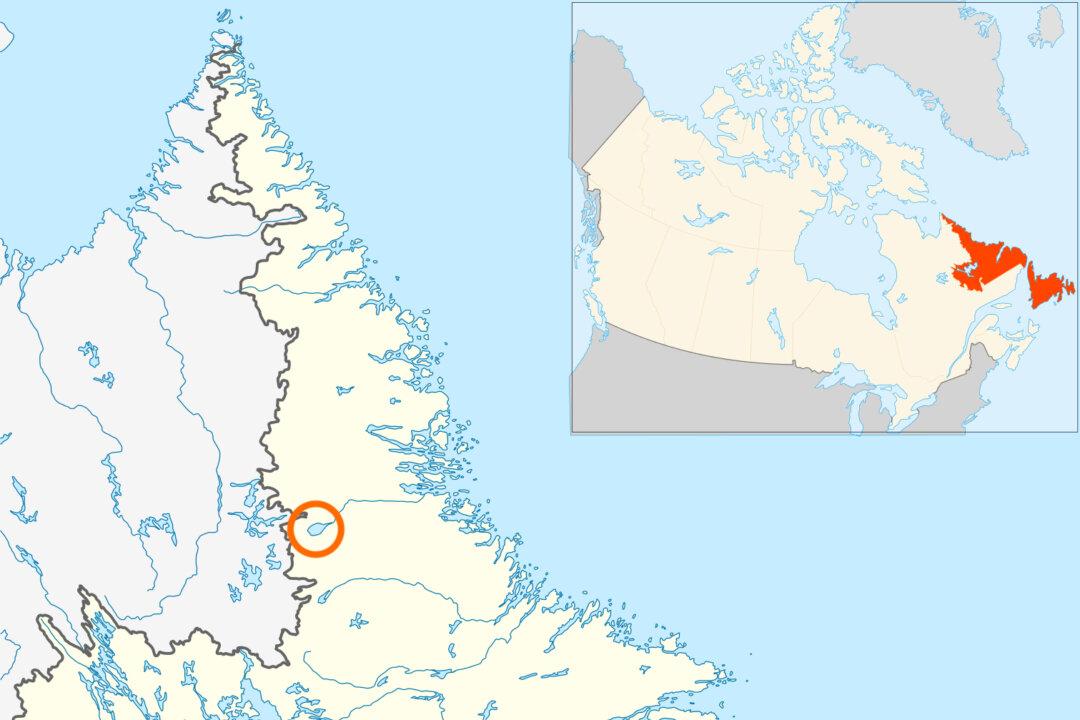Former Canadian prime minister Paul Martin nominated Irwin Cotler for a Nobel Peace Prize in part because he believes the human rights lawyer to be “one of the most important public consciences that we have.”
“Pretty well anywhere you go in Canada or in the world where human rights are issues, you hear about Irwin Cotler,” Martin said in an interview with The Epoch Times.





